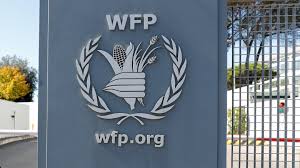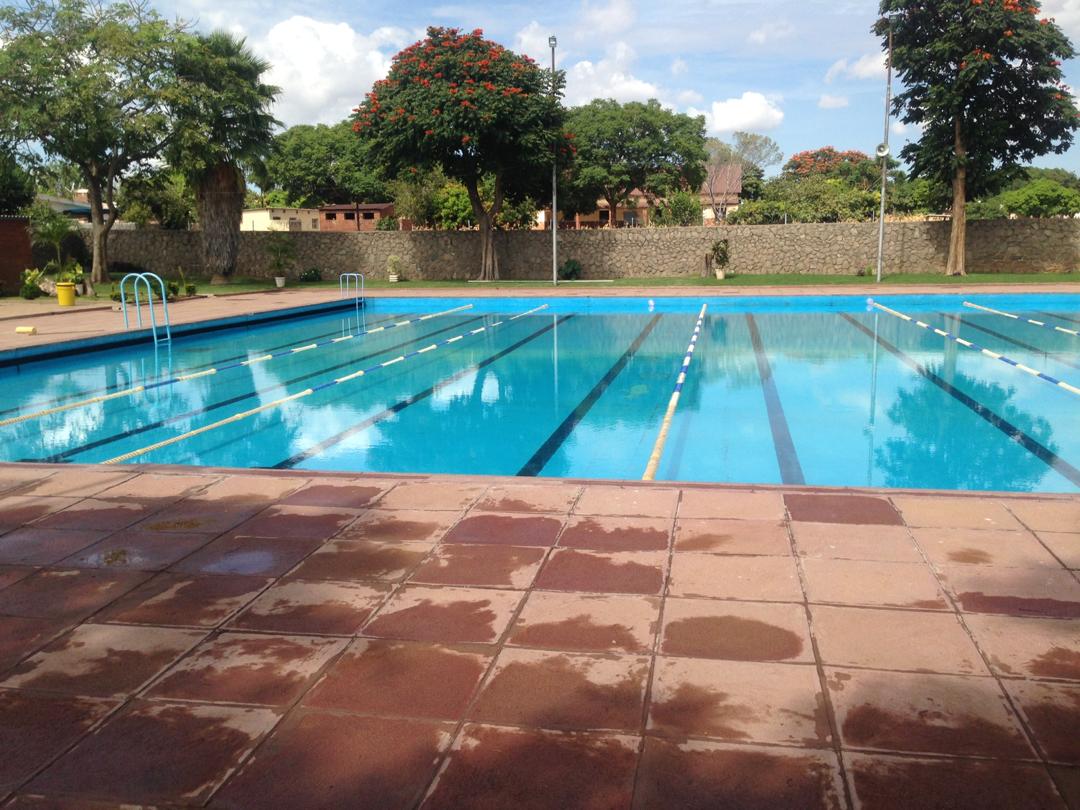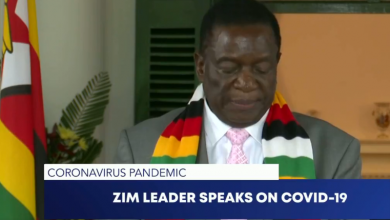
By Dumisani Nyoni
IN a bid to combat the spread of COVID-19, the government announced a raft of measures such as banning public gatherings except for funerals, imposing nighttime curfew among other regulations.
Under the new regulations, companies have been directed to decongest their staff by 50% while physical workshops have been banned.
The new measures also bar food outlets from serving sit-in customers save for those appended to hotels and lodges.
Beer halls and nightclubs remain closed while bottle stores will operate from 10am to 4pm with retailers and shops operating from 8am to 6pm.
Other regulations include the mandatory wearing of facemasks in public areas and limiting the number of passengers on public transport.
The country is currently under threat from a COVID-19 third wave, which is believed to be potentially more fatal and vicious than the other waves we have had.
As of 24 June 2021, Zimbabwe has recorded 44 306 cases, 37 524 recoveries and 1 709 deaths.
The question is: How effective are these new regulations in combating the spread of COVID-19?
Banning of all gatherings except for funerals
After banning public gatherings except funerals, the same government allowed ZUPCO to crowd commuters in their buses where social distancing is impossible.
How then can we contain Covid-19?
Commuters spend hours in long winding queues not social distancing but breathing heavily down each other’s sweaty necks, anxious to get onto the next ZUPCO bus, effectively making public transport potential super spreaders.
ZUPCO is the only passenger transporter allowed to provide commuter services after the ban on private commuter operators but it is failing to cope with demand.
Funerals
Surveys conducted by CITE in Bulawayo revealed that people attending funeral wake ups were not adhering to COVID-19 safety regulations – not masking up or social distancing.
This is more prevalent in rural areas.
According to government regulations, only 30 people should attend funerals but that is not the case on the ground. For instance, if going to bury their loved ones—say at Luveve Cemetery—mourners usually board buses and once they get to the cemetery, the rest remain outside while 30 required by law get inside. However, those remaining outside do not observe COVID-19 regulations.
As recently as last week, President Emmerson Mnangagwa presided over a funeral of the late Roman Catholic cleric, Father Emmanuel Ribeiro at the National Heroes Acre where there were more than 30 mourners, effectively putting into question adherence to the stipulated numbers.
Moreso, overcrowding at banking halls in the city center has become the order of the day as clients wait for hours on end to withdraw their money.
Vaccination
The government in February began COVID-19 vaccinations after receiving a donation of 200,000 doses from the China National Pharmaceutical Group (Sinopharm). However, health expert Solwayo Ngwenya said vaccination alone without behavioral change was not enough against mutating viruses.
“After you have vaccinated, you were vaccinating against that variant from last year, there is now a new variant. Can you go and order another 20 million doses? This is a terrible situation we found ourselves in. The vaccine which you are using was made using a structure of the virus which was there last year,” Ngwenya said while addressing journalists in Bulawayo recently.
“That spike when it gets into your body, your body makes some soldiers called antibodies which are going to lock. So now when you get a new virus which has changed its spike, when it gets into your body you can’t lock.
“So, your vaccine that you are getting now is producing antibodies waiting for the virus from last year. If the virus is a new type, it can’t lock, so you are not protected. So which means your all-weather has to check what is favourable in Zimbabwe, go back and create a new vaccine.”
Zimbabwe is currently under attack for the South African and Indian COVID-19 variants, which are more contagious.
Zimbabwe expects to receive 2,5 million COVID-19 doses from China by the end of this month as the country seeks to boost its vaccination drive.
Closure of beer halls and nightclubs
Following the closure of beer halls and nightclubs, people have resorted to setting up illegal shebeens in the country’s suburbs. In these shebeens, COVID-19 regulations are not being observed altogether. Information gathered by CITE is that even security agents go to those shebeens. Shebeens are banned in Zimbabwe.
Mandatory wearing of facemasks in public areas
Citizens are also required to wear facemasks in public areas. Masks are a critical step to help prevent people from getting and spreading COVID-19.
According to health experts, before putting on your mask, one should wash his or her hands using running water or hand sanitiser. The mask should be put over the nose and mouth and be secured under the chin. Observation by this publication, however, reveals that very few people are wearing masks correctly. Some put the mask around their neck or up on their forehead or under the chin. Some touch the mask and after that they do not wash their hands. This, therefore, exposes them to COVID-19.
Way forward
Community Working Group on Health executive director Itai Rusike said the political leadership should lead by example in observing the World Health Organisation (WHO) recommended guidelines and protocols on COVID-19.
“They should avoid addressing unacceptably huge numbers of people at public gatherings such as political meetings and funerals in total defiance and complete disregard of the set guidelines thereby exposing their followers and members to COVID-19 infections as the public gatherings are the biggest super spreaders,” he said.
Rusike said the impact of the government’s new COVID-19 regulations, particularly banning of all public gatherings except funerals raises questions on their enforcement and sustainability.
“Zimbabwe needs to continue identifying high risk and high vulnerability settings, advance effective proactive measures for testing, contact tracing efforts, isolation and increase vaccination of those willing to take up the vaccine to minimize the risk of new outbreaks,” he said.
“Opening food markets without opening the transport to access them is generating the breaches of the social distancing measures as the ZUPCO buses do not have the capacity to fully serve the commuting public thereby resulting in overloading of the buses.”
Rusike said owing to transport challenges, the general public is forced to use “alternative but unsafe open trucks and lorries that are often overloaded whilst exposing the passengers to all sorts of safety risks.”
“It would be important for the government to make clear the risk and strategic evidence, analysis and principles that are informing their decisions, given their consequence for the society.”
Other health experts said ZUPCO should be at the forefront in complementing government efforts to control the spread of COVID-19 by implementing safety measures at all its ranks.
Failure to adhere to a simple instruction such as observance of COVID-19 safety protocols will negatively impact the government’s budget in terms of health expenditure, they said.






